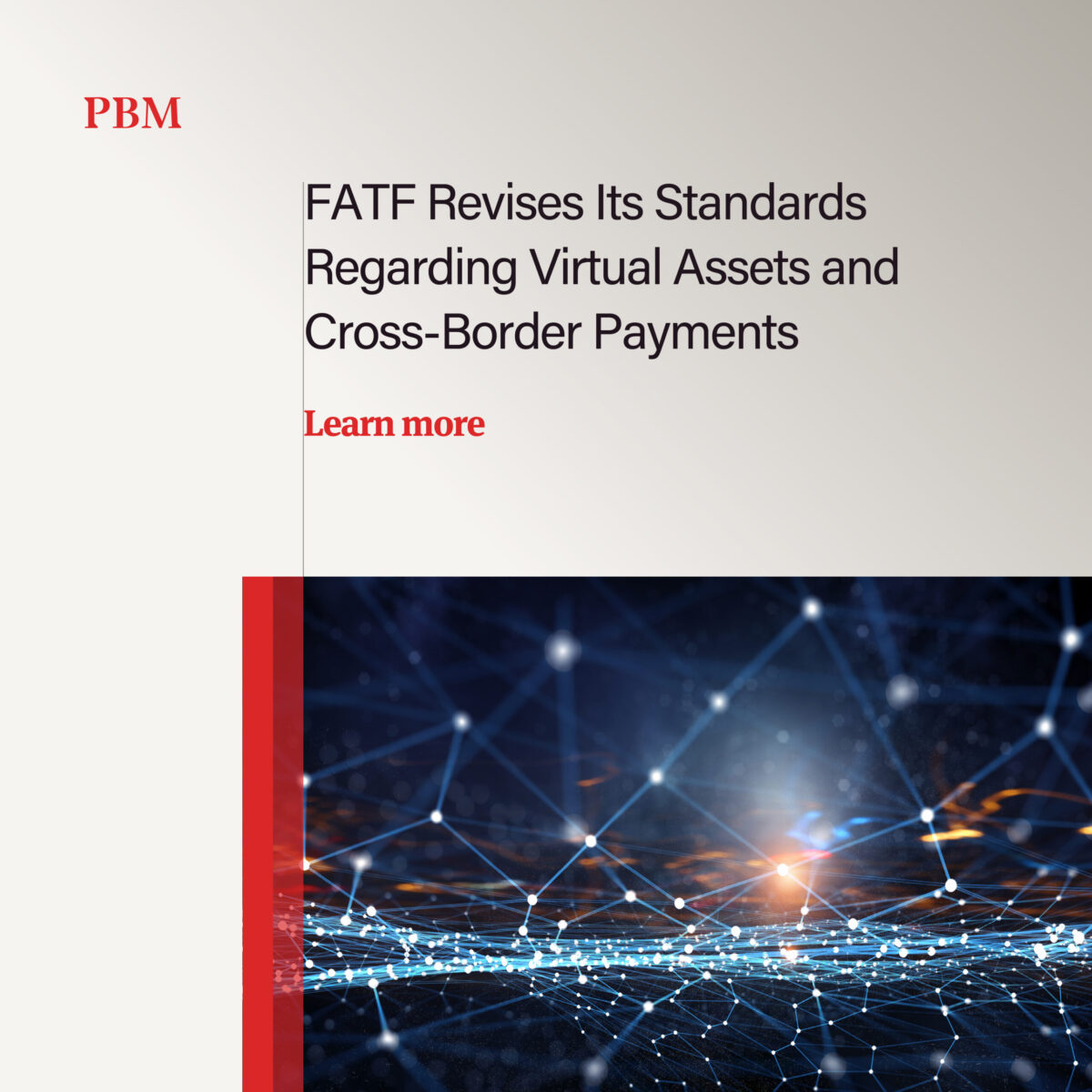FATF, Kripto Varlıklar ve Sınır Ötesi Ödemelere İlişkin Standartlarını Güncelledi
June 24, 2025Web Siteleri ve Mobil Uygulamalar İçin Erişilebilirlik Zorunluluğu Getirildi
June 25, 2025
FATF Revises Its Standards Regarding Virtual Assets and Cross-Border Payments
On 18 June 2025, the Financial Action Task Force (“FATF”), the global money laundering and terrorist financing watchdog and intergovernmental body that sets international standards aimed at preventing illicit activities and the harm they cause to society, published updates to Recommendation 16, also known as the “Travel Rule”, setting requirements for information accompanying cross-border payments and virtual asset transfers. The revisions aim to improve transparency, reduce fraud and error, and ensure consistency in international payment messaging.
Key Highlights
- Defined Responsibilities in the Payment Chain
The revised rule clarifies which party is responsible for including and preserving information throughout the payment chain. The chain now begins with the first financial institution that receives the customer’s instruction. - Standardized Data for Transfers Above USD/EUR 1,000
For person-to-person transfers exceeding USD/EUR 1,000, payment messages must include the name, address, and date of birth of both the sender and the recipient. This standardization is intended to improve efficiency and make suspicious transactions easier to detect. - Use of Anti-Fraud Technologies
Financial institutions will be required to implement tools that verify recipient information, helping to prevent fraud and errors. These technologies are already in use in some jurisdictions and will now be encouraged more broadly. - Clarification on Card Transactions
Transactions via credit, debit, or prepaid cards for the purchase of goods or services remain outside the scope of Recommendation 16. - These changes support broader efforts to modernize anti-money laundering (AML) frameworks and align with the G20 objectives of making cross-border payments faster, cheaper, and more transparent.
- The updated standards will become effective by the end of 2030. FATF will issue further guidance and continue working with stakeholders to support implementation.
On a final note, lthough the FATF recommendations are not binding, MASAK (Financial Crimes Investigation Board) is obliged to follow the relevant changes; indeed, as is known, it is placed on the grey list if it fails to meet the recommendatory requirements set by FATF. The grey list, i.e., jurisdictions under increased monitoring, signifies financial insecurity and is thus considered risky for foreign investors. Therefore, how and when these relevant changes will find application within MASAK’s framework should be carefully monitored.


